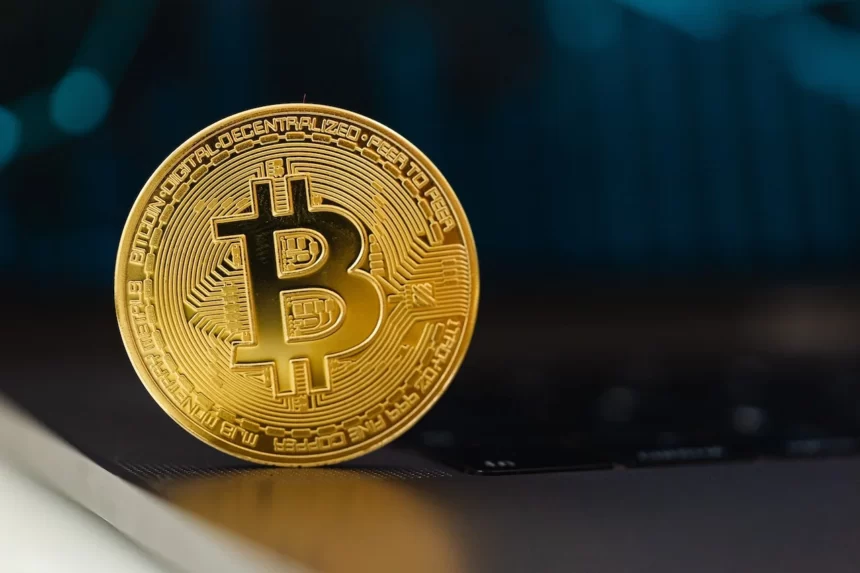Bitcoin mining is the process of creating new bitcoins by solving complex mathematical problems. Bitcoin miners use specialized hardware and software to perform this task, which consumes a lot of electricity. The more electricity a miner uses, the more bitcoins they can earn.
However, not all countries are happy with bitcoin mining. Some governments see it as a threat to their national security, their environmental goals, or their economic interests. For example, China has recently cracked down on bitcoin mining, forcing many miners to relocate to other countries.
One of the most popular destinations for Chinese bitcoin miners is the United States, especially states with cheap and abundant energy sources, such as Texas, Wyoming, and Montana. According to a report by CNBC, the US now accounts for 16.8% of the global bitcoin mining market share, up from 4.1% in September 2020.
But the influx of Chinese bitcoin miners to the US has also raised some concerns among American officials and experts. They worry that China could use its influence over the bitcoin network to disrupt or manipulate the US economy, politics, or security.
For instance, China could launch a cyberattack on the US power grid, causing blackouts that would affect bitcoin mining operations. Alternatively, China could pressure or bribe some of the Chinese miners in the US to join a malicious mining pool that could attempt to alter or censor transactions on the bitcoin blockchain.
These scenarios may sound far-fetched, but they are not impossible. In fact, some experts believe that China has already tried to interfere with the bitcoin network in the past. For example, in 2017, a group of Chinese miners supported a controversial software upgrade called SegWit2x, which aimed to increase the block size limit of bitcoin. However, many other miners and users opposed this change, fearing that it would compromise the security and decentralization of bitcoin. Eventually, SegWit2x was abandoned after a lack of consensus.
Another example is in 2018, when a Chinese academic paper claimed that China had the capability and motivation to launch a “51% attack” on bitcoin, which means controlling more than half of the computing power on the network and being able to rewrite the blockchain history. The paper sparked a heated debate in the crypto community and was widely criticized for its flawed assumptions and methodology.
Nonetheless, these examples show that China has a keen interest in bitcoin and its potential impact on the world. Therefore, the US should not ignore the risks posed by Chinese bitcoin mining activities on its soil.
As one anonymous US official told CNBC: “We’re aware of it. We’re looking at it very closely.” The official added that the US government is considering various options to address the issue, such as imposing stricter regulations on bitcoin mining, enhancing cybersecurity measures, or creating a national digital currency that could compete with bitcoin.
However, some experts argue that the US should not be too alarmed or hostile towards Chinese bitcoin miners. They point out that bitcoin is designed to be resistant to any single entity’s control or interference, thanks to its distributed and decentralized nature. Moreover, they say that bitcoin mining can bring economic benefits and innovation to the US, as well as foster cooperation and dialogue between the two countries.
For example, Darin Feinstein, the founder of Blockcap and Core Scientific, two of the largest bitcoin mining companies in North America, told CNBC: “We see this as an opportunity to have a positive dialogue with both sides of these governments.” He added that his companies have hired several former Chinese miners and have established good relationships with them.
Similarly, Fred Thiel, the CEO of Marathon Digital Holdings, another major US-based bitcoin mining firm, told CNBC:
“We welcome them here because they help secure the network.”
He also said that his company follows all the relevant laws and regulations in the US and does not engage in any malicious activities on the bitcoin network.
In conclusion, Chinese bitcoin mining is a complex and controversial issue that involves various economic, political, and security factors. The US should be aware of the potential threats and challenges posed by this phenomenon but also recognize its opportunities and benefits. Ultimately, the US should adopt a balanced and rational approach that protects its national interests while respecting the principles and values of bitcoin.










